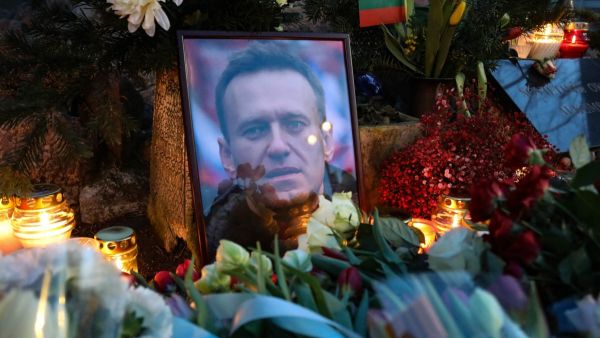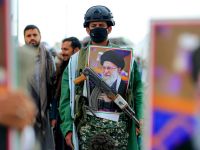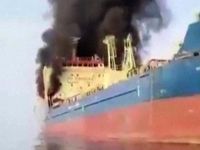The Kremlin's most prominent critic Alexei Navalny died on Friday in an Arctic prison, Russian officials said, a month before an election poised to extend President Vladimir Putin's rule until 2036.
Navalny, 49, had been on a hunger strike since March 31 to protest against the lack of medical care he received for severe back pain and numbness in his limbs. He was transferred to a hospital in the city of Omsk on April 15, where he was diagnosed with a rare form of spinal tuberculosis. He died of cardiac arrest shortly after, according to prison authorities.
The death of Navalny, who survived a nerve agent poisoning last year that he blamed on the Kremlin, sparked outrage and condemnation from Western governments and human rights groups, who accused Russia of silencing its most vocal opponent.
The United Nations' rapporteur expert on Russia, Agnes Callamard, said on Friday that Navalny's death was "just the tip of the iceberg" of Moscow's repression against any opposition or dissent.
"Navalny's death is a tragedy and a crime, but it is also a symptom of a deeper and more systemic problem in Russia," Callamard said in a statement. "The authorities have systematically cracked down on civil society, independent media, political activists, and anyone who dares to challenge or criticize the regime."
Callamard urged the international community to take "urgent and concrete actions" to hold Russia accountable for its human rights violations and to support the democratic aspirations of the Russian people.
She also called for an independent and transparent investigation into Navalny's death, as well as the poisoning attack that nearly killed him in August 2020.







